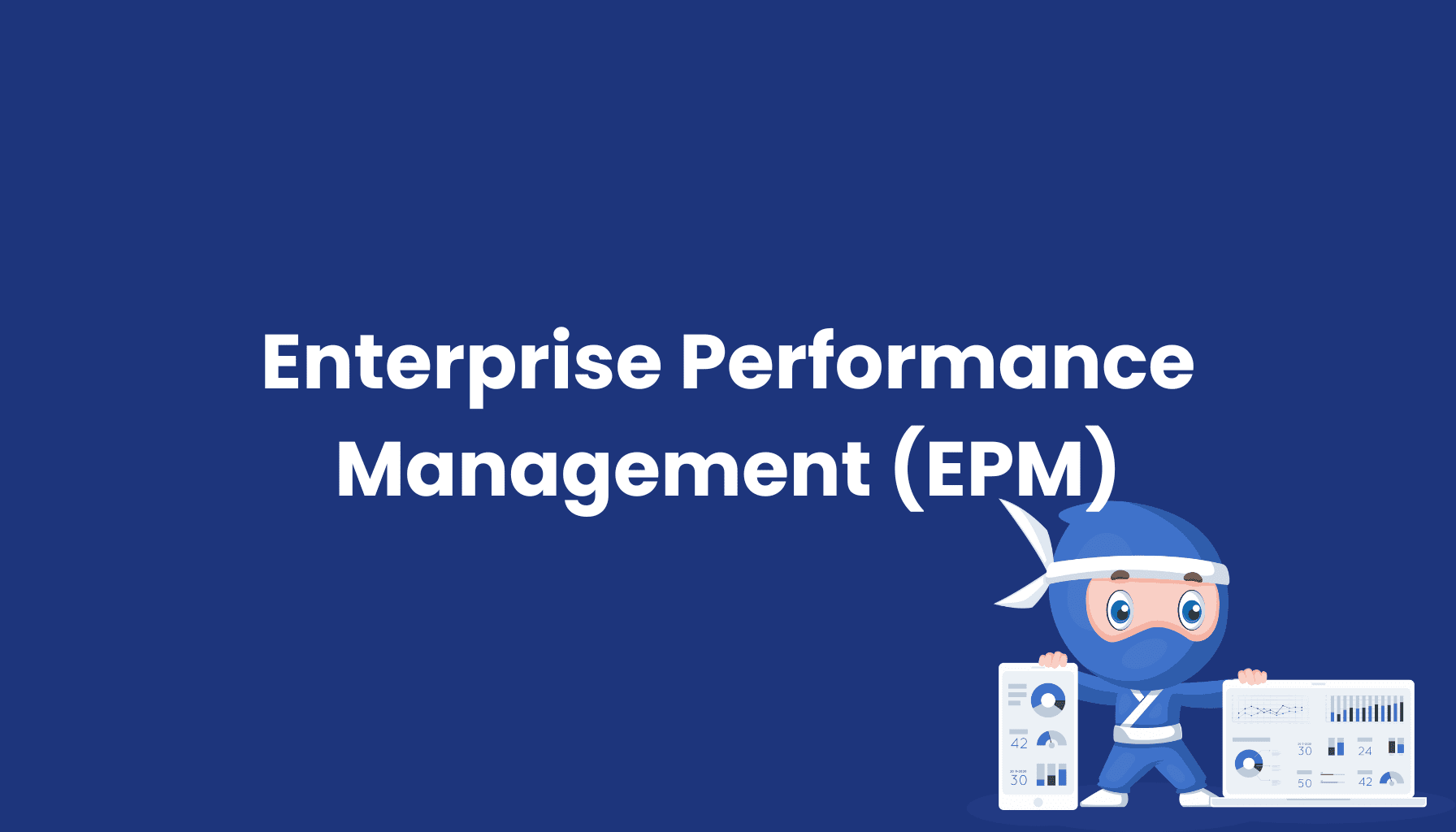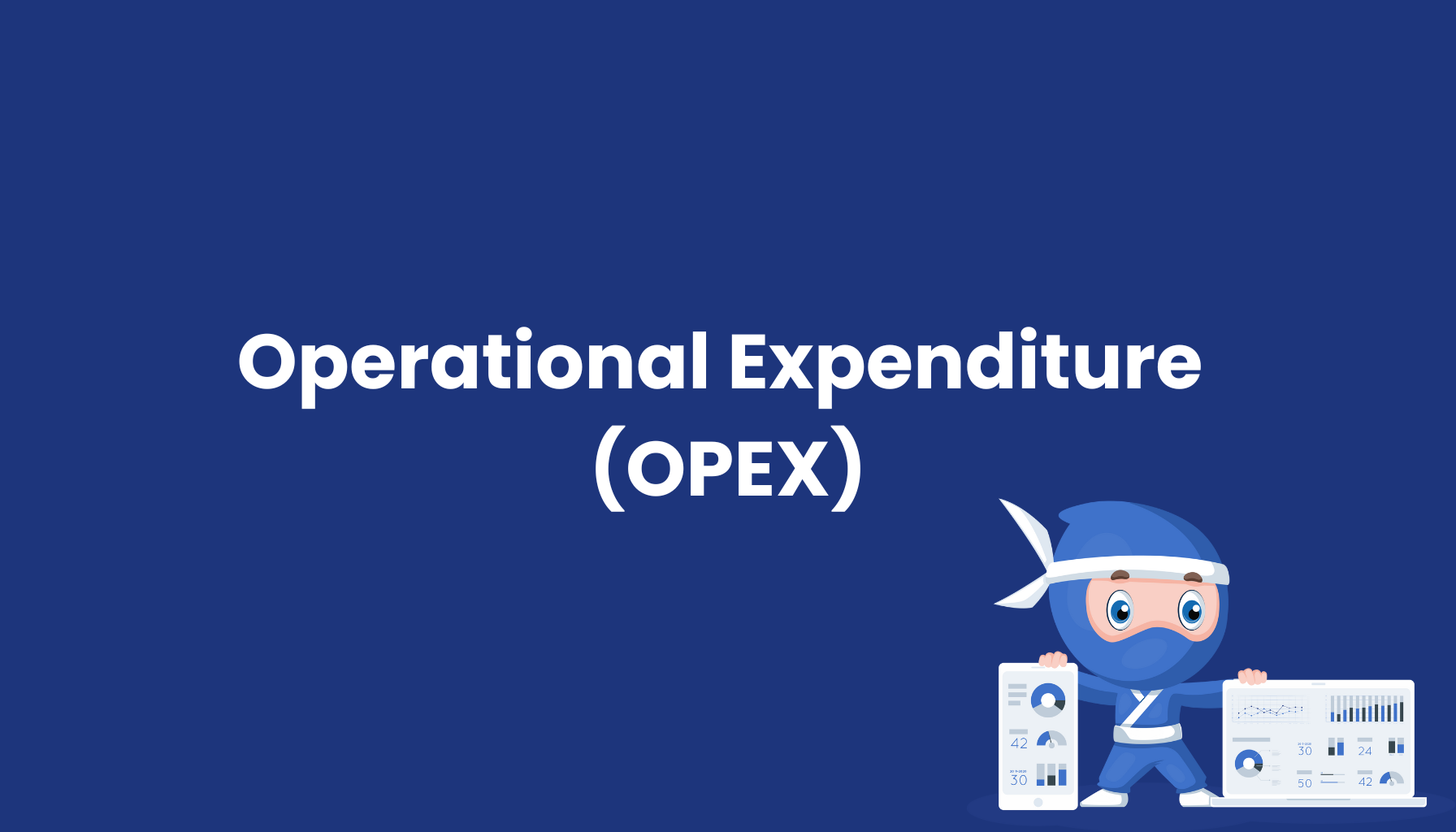Enterprise Performance Management (EPM)

What is Enterprise Performance Management (EPM)?
Enterprise Performance Management (EPM) refers to the processes and systems used to monitor, plan, and enhance a company’s performance. EPM solutions assist organizations in setting strategic goals, optimizing financial planning, and tracking performance through Key Performance Indicators (KPIs) and other metrics. EPM empowers management to make informed decisions that guide the company towards its objectives.
Key Components of EPM
-
Strategic Planning:
- Defining and tracking long-term business goals to ensure the company is aligned with its strategic vision.
-
Budgeting and Forecasting:
- Creating accurate financial budgets and predicting future developments to maintain financial stability.
-
Consolidation and Reporting:
- Aggregating financial data from various departments and generating accurate reports to provide a clear view of the company’s financial health.
-
Performance Monitoring:
- Tracking KPIs and operational metrics in real-time to measure performance and quickly respond to deviations.
-
Analysis and Decision-Making:
- Analyzing collected data to make informed decisions and continuously refine the business strategy.
Benefits of EPM
-
Transparency and Control:
- EPM provides comprehensive insights into financial and operational processes, enhancing control and transparency.
-
Increased Efficiency:
- Automation of financial processes and integration of systems ensures more efficient resource use and reduced errors.
-
Better Decision-Making:
- EPM offers data-driven insights, enabling management to make informed strategic decisions.
-
Goal Achievement:
- Continuous performance monitoring ensures the company remains on track to achieve its strategic goals.




